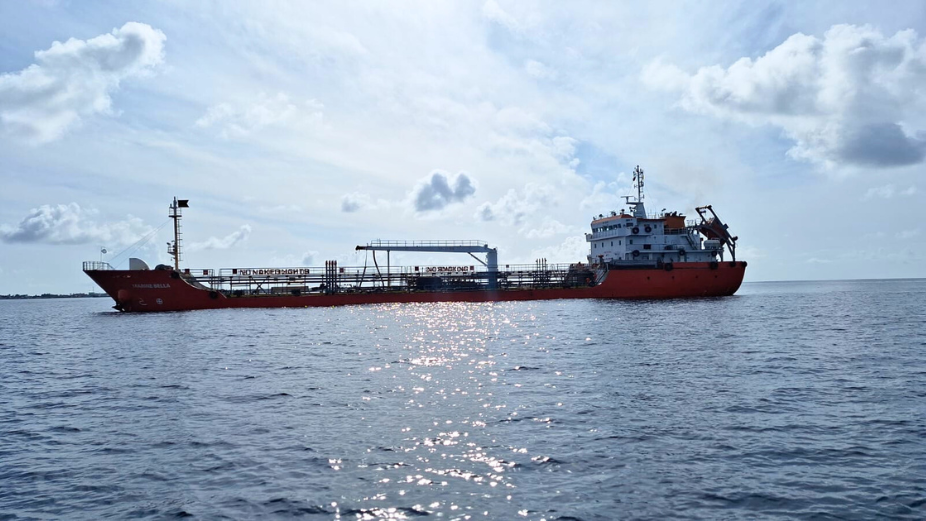
With the Maldives’ new bunkering services launched last Thursday, the government has taken significant steps to regulate the industry, aiming to curb illegal oil exports and ensure compliance with customs regulations. Recent amendments to the Customs Regulations establish a framework for legally providing bunkering services, emphasising the importance of obtaining the necessary permits and the consequences for non-compliance.
Under the new regulations, only licensed entities approved by relevant government agencies can offer bunkering services in the Maldives. A monthly registration fee must be paid to customs, while oil imported for these services can be stored in a floating facility without incurring import duties for up to 90 days. However, strict oversight will remain, particularly concerning operations in designated offshore areas.
Key provisions include:
– Vessel Clearance: Bunkering services are only available for vessels that have received inward clearance and are accompanied by an official shipping agent, an oil service provider, and a customs officer.
– Duty Exemptions: If a vessel is set to leave within 48 hours after refuelling, customs may allow duty-free bunkering. However, failure to depart within this timeframe makes the service provider liable for import duties on the oil supplied.
– Consumption Restrictions: The regulations prohibit the consumption of bunkered oil within the country without customs approval. Violations will incur hefty fines, starting at 25% of the oil’s FOB value for first-time offences, increasing with repeat violations, capped at MVR 200,000.
The designated operational areas for bunkering services include the port of HA. Uligam and specific offshore locations approved by the government. The initiative is spearheaded by the State Trading Organization (STO), which has already received bookings and introduced two vessels with a combined capacity of approximately 8,000 tonnes.
The government envisions that this new industry could generate an estimated USD 400 million annually, contributing significantly to the national GDP, which currently stands at approximately USD 6.5 billion.
The Maldives is strategically located along a busy maritime route, making it an ideal hub for refuelling ships. The introduction of low-sulfur fuel and diesel within the country aims to attract vessels that previously relied on neighbouring countries for these services.
Meanwhile, the newly established Northern Maritime Services by Maldives Ports Limited is expected to further support this initiative by providing essential maritime services, including pilotage, docking, and maintenance.












